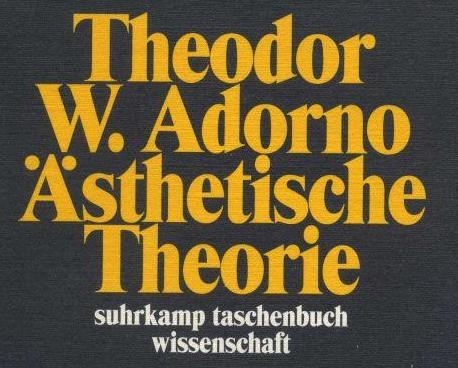
Adorno, Aesthetic Negativity, and the Problem of Idealism
It is at this point that, because of this negative dependence on Hegel, it matters a great deal that Adorno has misidentified the heart and soul of Hegel’s Absolute Idealism.

It is at this point that, because of this negative dependence on Hegel, it matters a great deal that Adorno has misidentified the heart and soul of Hegel’s Absolute Idealism.
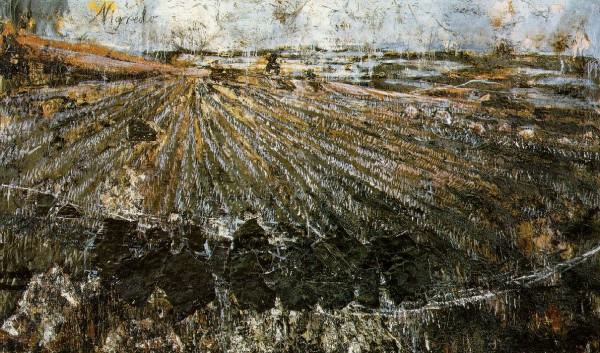
I propose bearing as a marker of an artwork’s purposive comportment in and toward the world whose various relations and dimensions the work engages and discloses. I have chosen this term because at least five of its senses apply to artworks as I understand them. [1] Artworks have a manner of comportment, a bearing, e.g. bold, reflective, ironic, etc. [2] They are generative (in the sense of ‘bear fruit’) in that they provide disclosures. [3] They are purposively oriented and thus have bearings, principally toward an addressee, but also toward some determinate end, e.g. to be beautiful, to please, to rework culture, to witness suffering, etc. [4] Works of art also make use of the very world that they disclose, which leads me to say that artworks bear, in the sense of carry, extant possibilities, transforming them until they coalesce into a phenomenon that is bindingly eloquent. [5] Finally, artworks also bear (or fail to bear), in the sense of endure, the world they absorb in order to disclose whatever possibilities they are able to bear.

As critics have ceaselessly argued, the core problem with Brecht’s art and theory is his didacticism. Brecht undoubtedly saw art in moral and political terms. Moreover, he thought that morality was a consequence of his works. He described all works of art as “necessarily…bound to release emotional effects.” The only difference between his moralism and the moralism of “bourgeois” art was that he believed his effects could fail. Even though all works produce emotional effects, the job of the (non-bourgeois) artist was to defeat the free play of affect. Brecht’s art continually thematizes open-ended affect as the thing to be overcome, or to show how it had not been overcome by his characters, making that failure a problem to be resolved outside the theater.
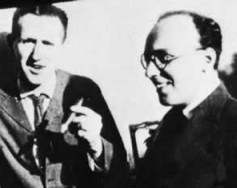
We are concerned with the problem of securing meaning against the ideological horizon of a fully market-saturated society. Meanings circulate or fail to circulate, compel or fail to compel. Success in the former, which is easily quantifiable, does not guarantee success in the latter, which is not.
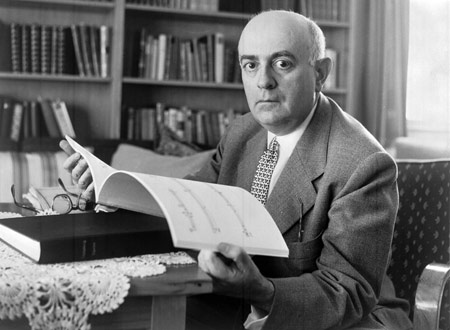
In one of his last interviews Michel Foucault famously said “As far as I’m concerned, Marx doesn’t exist.” What he meant was that “Marx” as an author was something largely fabricated from concepts borrowed from the eighteenth century, in particular the writings of David Ricardo. From Ricardo he derived his most crucial idea: the labor theory of value. As Clune explains, neoliberalism has made that theory obsolete and with it, Marxist analysis. For Foucault there were several Marxisms in Marx.
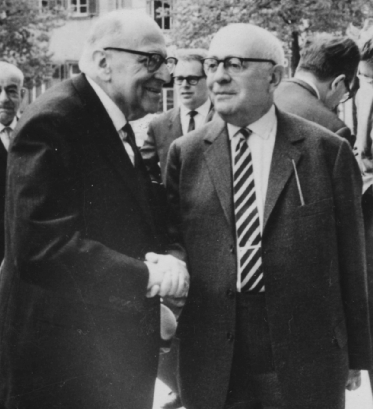
The battle that Marx fought against “milieu theory” was against the idea that culture determined consciousness. His great achievement was to see that economics was not a matter of culture but of exploitation. Which is to say Adorno’s emphasis on domination and difference (how bourgeois culture shapes being), rather than exploitation and the proletariat, is pre-Marxist in orientation.

Whatever previous ages might have fancied, we are wise enough to know that the work of art is a commodity like any other. Chances are that we don’t have any very clear idea what we mean by that. Marx, however, does.
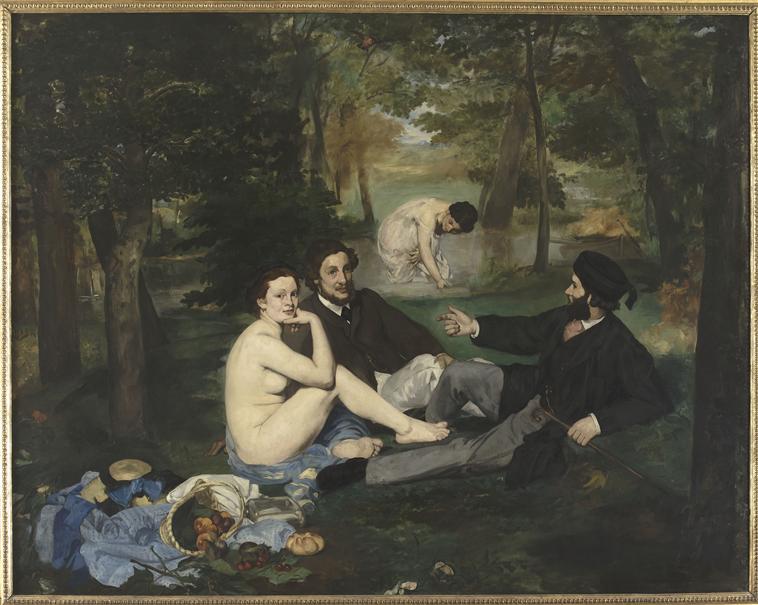
The dimension of a free life that Hegel is interested in has not, by virtue of these critiques, been superseded or gone away, unless we have some way of understanding what it would be to actually acknowledge such a departure in life. The postmodernist critique of subjectivity is “overdone” to the extent that it leaves us with no concrete way to understand what the actual position of subjectivity should look like to an agent.